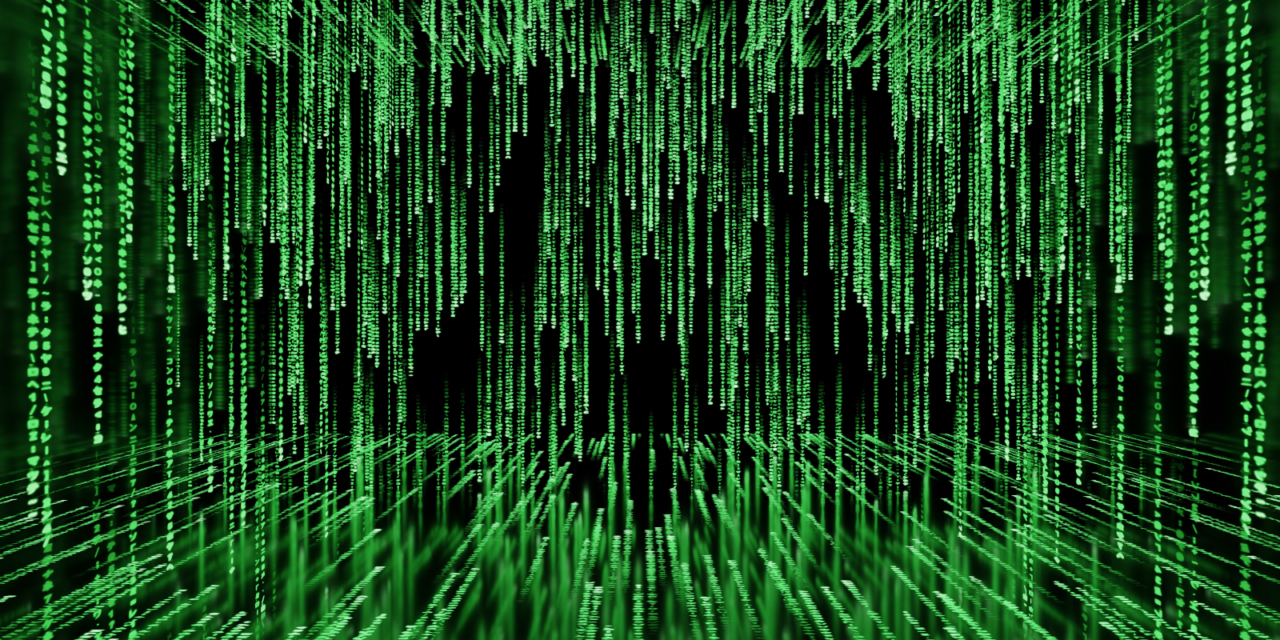Buckle up, red-pill poppers—physicists just dropped the ultimate buzzkill on your late-night simulation theory rabbit hole: Nope, we’re not extras in some alien teen’s cosmic Sims game, no matter how glitchy your Wi-Fi feels or how often you swear the universe is gaslighting you with lost socks. An international brain trust, wielding quantum gravity like a philosophical lightsaber, has mathematically moonwalked over the idea that reality’s just code on a supercomputer, thanks to a nifty assist from Kurt Gödel’s incompleteness theorem—the math world’s “This statement is false” mic drop that says no algorithm can ever fully hack the universe’s source code. Led by Mir Faizal from the University of British Columbia, the team argues that our space-time fabric bubbles up from a Platonic info-realm too slippery for computation; it’s got “Gödelian truths” that laugh in the face of binary yes-or-no, demanding a non-algorithmic vibe check no simulator could fake. Forget Neo dodging bullets—this is more like the universe winking, “Sorry, kid, but your existential crisis is 100% analog.” The upside? It nukes sci-fi spoilers and hints that physics’ holy grail—a “theory of everything”—needs deeper mojo than any GPU farm. So next time you spot a déjà vu, blame quantum quirks, not lazy programmers. Reality’s messy, unprovable, and gloriously un-simulatable—kinda like trying to explain TikTok dances to your grandma. Pass the blue pill; we’ve got actual mysteries to unravel.
Do We Live in the Matrix? Physicists Finally Have Answer





